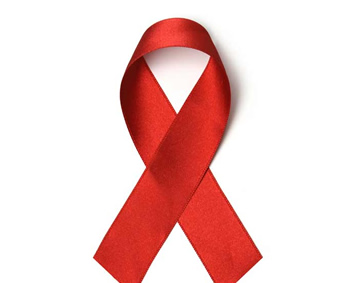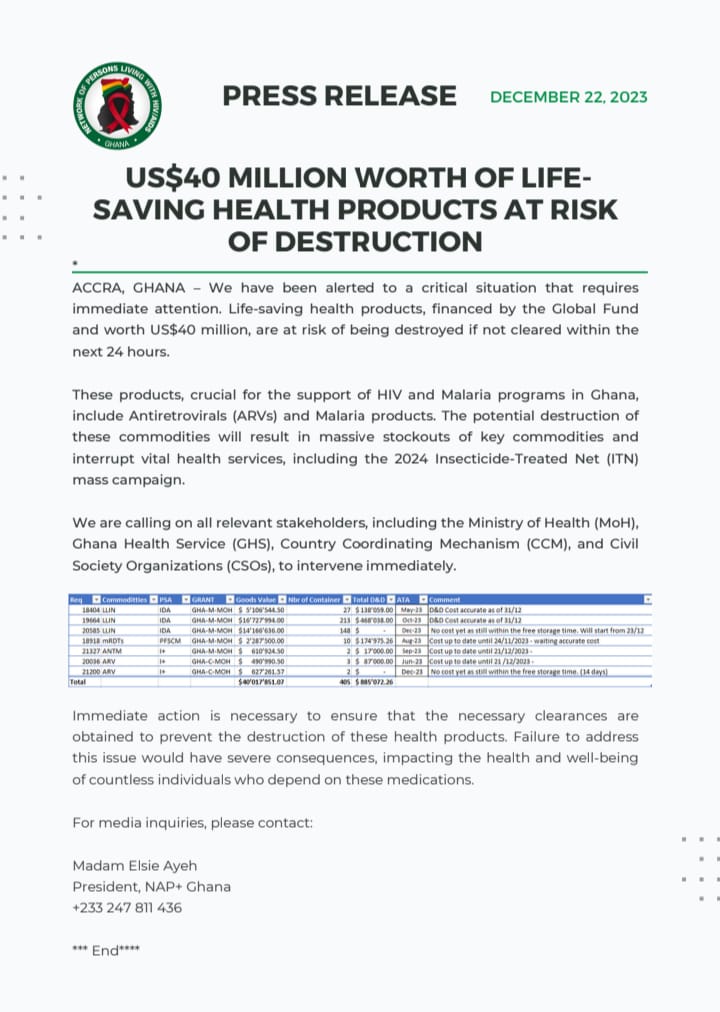
Discrimination is outlawed under chapter 5 in Articles 12 (1), 17 (1) and 17 (2), of the 1992 Republican Constitution of Ghana.
Article 12 (1) of the Constitution provides that "Every person in Ghana, whatever his race, place of origin, political opinion, colour, religion, creed or gender shall be entitled to the fundamental human rights and freedoms of the individual contained in this Chapter but subject to respect for the rights and freedoms of others and for the public interest."
Article 17(1) states "All persons shall be equal before the law"while Article 17(2) provides that "A person shall not be discriminated against on grounds of gender, race, colour, ethnic origin, religion, creed or social or economic status."
But the rights provided for in Chapter 5 are not absolute as the Supreme Court decision in Nartey v Gati 2010 SCGLR 745 @ 754has indicated."Article 17 does not mean that everyone in Ghana had exactly the same rights as all other persons; such a position would be impracticable. Soldiers, policemen, students, judges, for instance, had certain rights that other persons did not; the crucial difference is whether the differentiation in rights is justifiable." Per Date-Bah, JSC.
The Ghana AIDS Commission Act, 2016 (Act 938) was, therefore, passed to seal the loopholes created by the decision in Nartey v Gati.
Section 28 (1) of Act 938 provides: "A person living with or affected by HIV or AIDS and a person highly at risk of HIV infection shall enjoy the fundamental human rights and freedoms enshrined in the Constitution."
And according to Section 28 (2), "A person shall not directly or indirectly discriminate against a person infected or affected by HIV or AIDS based on the actual or perceived HIV status of that person or of a close associate of that person."
Section 28 (3) also provides that "A person who suffers an act of discrimination based on the actual or perceived HIV status of that person or of a close associate of that person may institute legal proceedings to claim damages against the person who carried out that act of discrimination."
According to Section 28 (7), "A person shall not deny burial for a deceased person who suffered from HIV or AIDS or was known, suspected or perceived to be an HIV or AIDS patient on the grounds of the actual or perceived HIV status of the deceased person."
Other important aspects of Act 938 can be found in sections 29 to 37 which guarantee the right of PLHIVs to health, privacy and confidentiality as regards the HIV status of a person.
Section 30 (1) of Act 938 provides that "Every person shall enjoy a right to privacy and confidentiality as regards the HIV status of that person," while section 30 (2) states that "A person shall not disclose any information that concerns the HIV status of another person to a third party without the written consent of the affected person."
The right to privacy, it is important to note, is, however, not applicable in instances such as where a healthcare provider who is directly involved in providing health care to that person requires knowledge of the HIV status of the patient to make a clinical decision in the interest of the patient; for the purpose of an epidemiological study where anonymity is assured; and upon an order of the court where the information contained in the medical file of that person is directly relevant to the court.
Section 37 of the law also forbids disclosure of confidential information. The provision states as follows: "37. An authorized officer who receives information in the performance of functions under this Act shall not
(a) disclose the information to an unauthorized person; or
(b) disclose the personal details of a person to a third party except by order of a Court."
The law also provides that a person living with HIV or AIDS has the right to a reasonable standard of health which includes access to health care services.
A person living with HIV or is perceived to be living with HIV has a right to insurance and other benefits as well as the right to work, the right to education, freedom of movement, sexual and reproductive rights, and political rights.
The sexual right of a person living with HIV, affected by HIV or is highly at risk of HIV infection is also protected under the Section 1(b) (ii) of the Domestic Violence Act, 2007(Act 732), where sexual abuse is defined as "the forceful engagement of another person in a sexual contact that abuses, humiliates or degrades the other person or, otherwise, violates another person's sexual integrity or a sexual contact by a person aware of being infected with human immunodeficiency virus (HIV)or any other sexually-transmitted disease with another person without that other person being given prior information of the infection."
Indeed, the law states clearly in section 36 (1) of Act 938 that "A person living with HIV, affected by HIV or highly of risk of an HIV infection
(a) Is entitled to sexual and reproductive health rights;
(b) has the right to a family; and
(c) has the right to marry and have children.
36 (2) The HIV status of a person does not constitute a valid reason to oppose the marriage of that person.
The violation of the rights created under section 28 to section 37 of the Act are, therefore, offences under section 39 of Act 938 while the rights are enforceable in accordance with Article 33 of the 1992 Constitution.
It is worth noting that new HIV infections have increased from about 12,000 new infections in 2015 to 20, 418 new HIV infections in 2016. Indeed, GAC has admitted that preventive education had been lacking with statistics indicating a total of 15,116 people in Ghana died of HIV and AIDS-related illness in 2016.
Studies by the Centre for Democratic Development (CDD), German Development Co-operation (GIZ), Ghana Aids Commission (GAC) and the United Nations Program on HIV/AIDS (UNAIDS), have also shown that stigma and discrimination are among the key challenges facing the National Response to the prevention of HIV.
This is because Discrimination causes people to withdraw, putting them beyond the reach of support services. Stigma and discrimination goes against a person's right to be treated equally and fairly.
The experts are, therefore, of the view that the most effective way to respond to discrimination specifically faced by PLHIVs is to make discrimination unlawful--and that has been done with the enactment of Act 938.
What remains critical, then, is enforcement of the law so as to effectively stop discrimination against PLHIVs, which will, in turn, encourage voluntary testing and medication to prevent HIV, if infected, from developing into full grown AIDS.
The writer is an officer of the Information Services Department.
Read Full Story


















Facebook
Twitter
Pinterest
Instagram
Google+
YouTube
LinkedIn
RSS